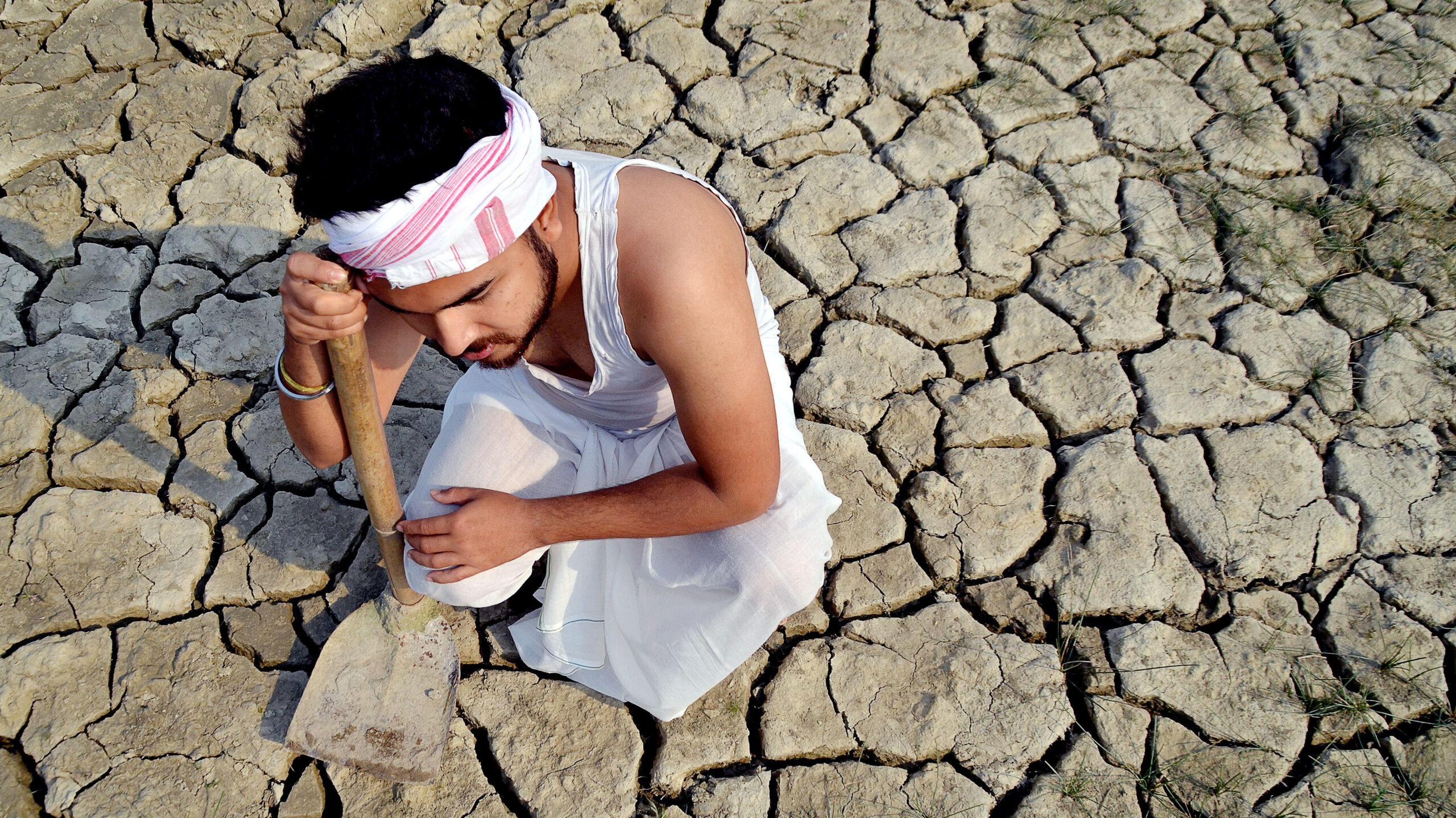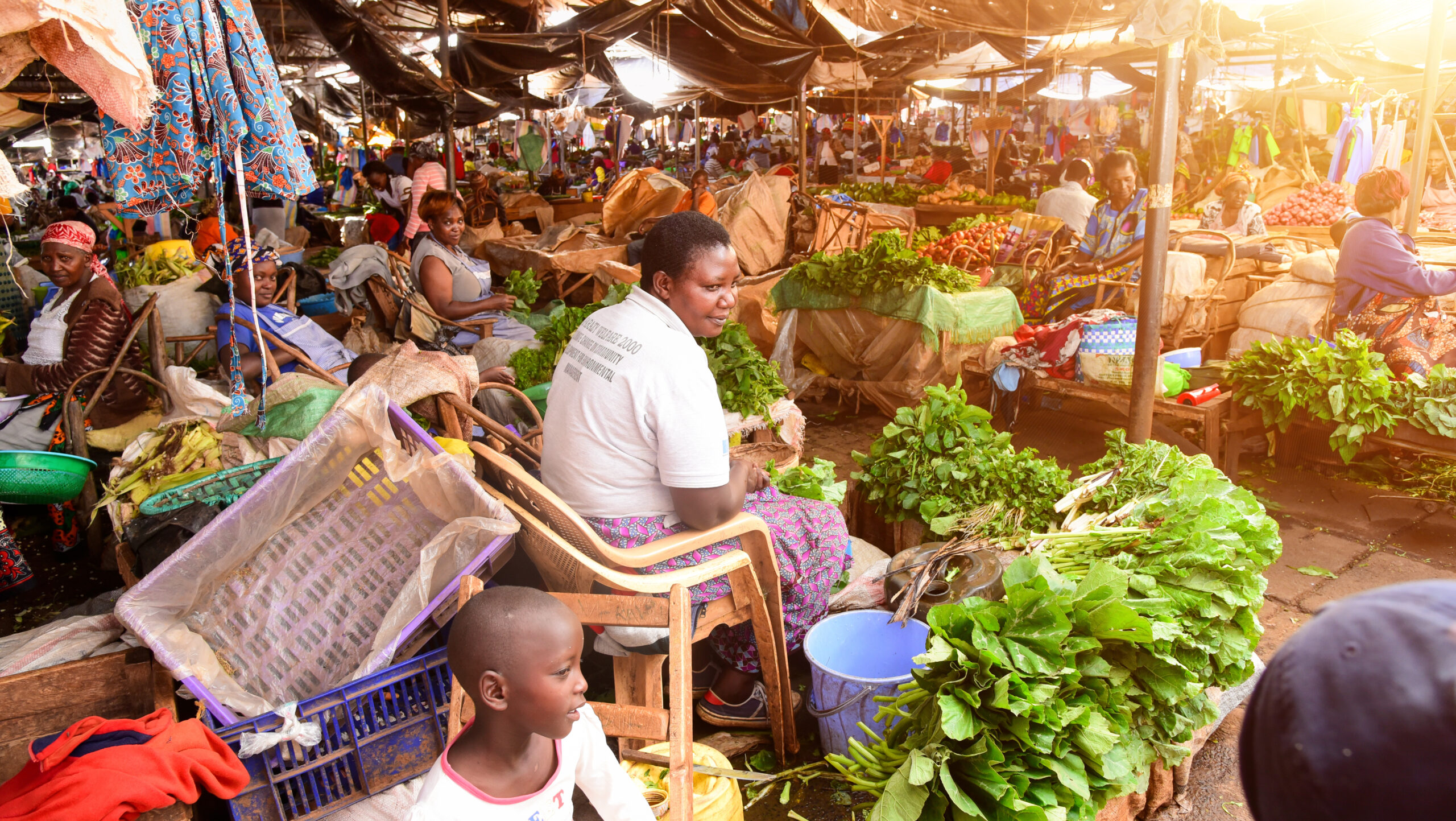Global commitment to reach Sustainable Development Goal (SDG) 5—achieving gender equality and empowering all women and girls—is stronger than ever. But monitoring progress toward SDG5 has been challenging due to the absence of women’s empowerment metrics that can be incorporated into nationally representative and multi-topic surveys.
These surveys include international data collection efforts (e.g., the Living Standards and Measurement Study (LSMS), Demographic and Health Surveys (DHS)), as well as countless national surveys administered by government ministries or agencies (e.g., national statistical offices). Integrating new women’s empowerment metrics into these surveys would provide new opportunities for documenting progress toward achieving the gender-specific dimensions of several SDGs.
To address this problem, we—a team of researchers from IFPRI, the World Bank LSMS, Emory University, and Oxford University, along with experts from four pilot countries (Bangladesh, Guatemala, Malawi, and Nepal)—are designing a Women’s Empowerment Metric for National Statistical Systems (WEMNS).
We are developing WEMNS primarily as an empowerment module for the 50×2030 Initiative, which aims to build capacity and close the agricultural data gap in 50 countries by 2030 and is implemented through a partnership of the International Fund for Agricultural Development (IFAD), the UN Food and Agriculture Organization (FAO), and the World Bank. Countries participating in the 50×2030 Initiative will then have the option to include WEMNS in their surveys. We also see potential for broader use of WEMNS in other multi-topic surveys and are designing it with this complementary goal in mind. Having such a module will allow countries and other users to generate meaningful data and to track progress on the empowerment of women and men.
What will WEMNS look like?
Collectively, our team has a wide range of experience on sector-specific women’s empowerment metrics, such as the Women’s Empowerment in Agriculture Index (WEAI); the project-level WEAI (pro-WEAI); the Agency, Resources, and Institutional Structures for Sanitation-related Empowerment (ARISE) Scales; and the Women’s Agency Scale 61 (WAS-61), to name a few. Although our prior work is informing the development of WEMNS, we expect that it will look different from previous metrics.
We are seeking to develop a module that can measure the empowerment of women and men in urban and rural areas, with the flexibility to be relevant to a variety of livelihood strategies across countries in different stages of rural and structural transformation (e.g., farming, wage labor). This flexibility also makes it possible for WEMNS to measure progress toward SDG5 across time.
In identifying the primary topics to cover in WEMNS, we used an SDG-inspired approach: We reviewed all SDGs and their specific targets to determine how empowerment was linked to each target. From this process, we drafted and refined eight distinct question sets:
Methodological approach
We adopted an iterative approach to developing and piloting WEMNS informed by an established process for scale development. At each step, we reflected on lessons learned up to that point and incorporated these experiences into revisions of the WEMNS module.
One of the early steps we took while drafting the questionnaire was to conduct semi-structured interviews with more than 50 stakeholders who were gender experts in academic, civil society, and government agencies from 24 countries across Africa, Asia, and Latin America, primarily those eligible to participate in the 50x2030 Initiative. Learning about priority women’s empowerment topics and current efforts to collect data on empowerment helped ensure that the content of WEMNS was in line with priorities across multiple countries. Once we developed the draft questionnaire, we sought further input from the stakeholders initially interviewed, global gender experts, and those with ties to the 50x2030 Initiative.
Our next step was to collect data via cognitive interviewing, phone surveys, and in-person surveys. We collaborated closely with institutions in Bangladesh (Data Analysis and Technical Assistance, Ltd.), Guatemala (Vox Latina), Malawi (National Statistical Office), and Nepal (Interdisciplinary Analysts). These partnerships were invaluable, especially in helping us understand how survey questions were interpreted linguistically and culturally.
Revisions to WEMNS were informed by cognitive interviewing, a qualitative approach that aims first to understand how respondents interpret and respond to survey questions, and then to identify and address potential sources of errors in those questions. In all four countries, we conducted cognitive interviewing over the phone, since we began this effort during the peak of the COVID-19 pandemic. In addition, to understand the idiosyncratic comparability of the responses, we have taken advantage of Guatemala’s linguistic richness and conducted the surveys in Spanish as well as two indigenous languages (K’iche’ and Q’eqchi’).
We then piloted the questionnaire in two waves of phone surveys with samples drawn from pre-COVID face-to-face surveys that collected respondent phone numbers in Bangladesh, Malawi, and Nepal. We also administered a single phone survey wave in Guatemala using a sample drawn from random-digit dialing. Most recently, we completed in-person surveys in all four countries with women and men from approximately 900 households (1,800 individuals) per country.
These multiple waves of data collection allowed us to revise modules that did not work well, drop items that respondents felt were repetitive, and test items that might be better suited to in-person data collection (such as a question set on sexual harassment). We currently are using psychometric analysis to test the dimensionality, reliability, and validity of each question set, and are also in the process of developing indicators using the Alkire-Foster methodology for the development of multi-dimensional indices.
Launching WEMNS
The next question on readers’ minds is hopefully, “How and when can I use WEMNS?” Currently we are analyzing data from each survey separately to determine the specific indicators and ideally reduce the length of the module. We expect that WEMNS will be presented to the global community in a September workshop and then be available for use in October 2023.
In the months that follow, we will also release a distance learning course on the Food Security Portal that will instruct learners how to administer WEMNS, construct the indicators, and interpret the findings. In 2024, together with FAO, we will provide more intensive technical support for an initial cohort of countries that will be adopting WEMNS. Stay tuned for upcoming publications on the development of WEMNS and information on how you can join us virtually in the September launch.
Note: The team developing WEMNS includes the following collaborators. IFPRI: Simone Faas, Jessica Heckert, Hazel Malapit, Ruth Meinzen-Dick, Emily Myers, Flor Paz, Agnes Quisumbing, and Greg Seymour. Emory University: Yuk Fai Cheong, Erin Johnson, Sheela Sinharoy, and Kathryn Yount. World Bank: Wibert Vundru Drazi, Talip Kilic, and Heather Moylan. Oxford University: Cheryl Doss. Malawi NSO: Shelton Kanyanda. Data Analysis and Technical Assistance (DATA) Limited: Zahid Hassan, Imrul Hassan Simon. Vox Latina, Guatemala: Monica Dardón. Interdisciplinary Analysts. Nepal: Pankaj Pokhrel, Sudhindra Sharma.
This work is funded by the Bill & Melinda Gates Foundation, the U.S. Agency for International Development (USAID), and the IFPRI-led CGIAR Research Program on Agriculture for Nutrition and Health (A4NH).






